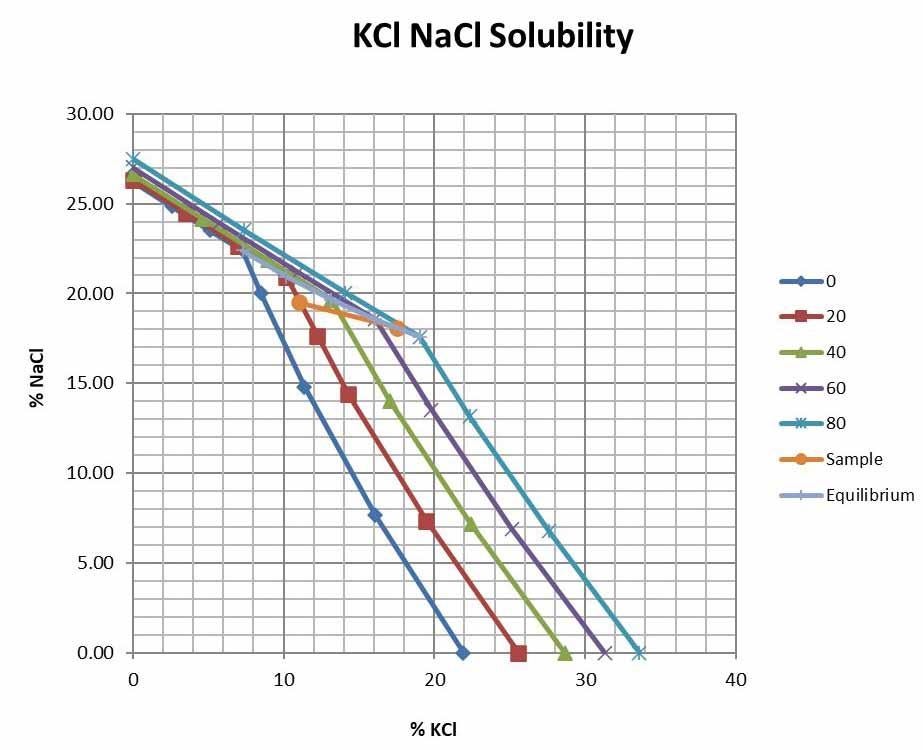
2 minute read
MoST receNT AVAILABLE DATA POTASH INDUSTRY UPDATE PoTaSH THe RoDney DanGeRfieLD of CanaDian CRiTiCaL MineRaLS?
By steve halabura, P.geo., halabura Potash consulting Ltd.
Let’s clear one thing up right from the start: for those of you not of a certain age, Rodney Dangerfield was a standup comic during late-night talk shows during the ‘70s and ‘80s whose stock opener was “Let me tell yah, I get no respect, no respect at all! Why just the other day…”.
At this moment of writing, the Prospectors and Developers Association of Canada (PDAC) Convention, the annual “high holidays” of Canada’s (some might say, the world’s) mining business, is going on (editor’s note: the PDAC Convention happened in Toronto from March 5-8, 2023). I did not attend, but I have closely followed the program of events, happenings, and gatherings. My impression is this: the general theme of the mining industry, especially the junior mining sector, is that earth resources, and the ways and means of extracting those resources for the betterment of humankind, rests upon one mission: Energy transition, which may be translated to “Lithium!”, “Copper!”, and “Nickel!”.
But what about the mission of mining to combat food insecurity? It would seem to me that a family would like to ensure that it will be fed before it thinks about buying a new Tesla, no?
In speaking to junior mining people, mining a resource means extracting lithium, or copper, or nickel. When the theme of mining a resource to ensure safe, secure, and sustainable global food production, there is often a pregnant pause, followed by a somewhat embarrassed admission that “hey, you must be talking about that other stuff, whatacallit, ‘putt-ASH’?” nrCan Website (2022)
NRCAN Website (2022)
Why is potash on this list? Because it is vital to global required by farmers worldwide, and since it cannot be occurring deposits. The Province of Saskatchewan hosts supplies some 40 per cent of the world’s potash requirement.
Like I said, potash gets no respect amongst the junior resource sector, not to mention the critical mineral crowd… However, potash is not a joke! Critical mineral refers to a material that is needed by the global community to allow achievement of strategic aims, such as decreasing carbon emissions, increasing alternate forms of energy generation, supporting the transition to new energy storage systems, or supplying global communities with essential materials such as nutrients.
Guess what this means?

Given that 40 per cent of the world potash trade comes the war is strongly driving the re ordering of supply long term, safe, secure, and sustainable supply of what
Furthermore, since 100 per cent of Canada’s potash Scott Moe is a very popular fellow when he walks into Saskatchewan’s potash resource of more than 100 billion replace 100 per cent of the current global Russian and provides major incentive to rapidly produce an additional and in the long term , the opportunity for Saskatchewan
In March 2022, Canada declared 31 commodities to be critical minerals. One of these is potash. At the time, the government stated its intention is to capitalize on the rising global demand for these minerals, driven in large part by their role in the transition to a low-carbon and digitized economy. In addition to providing the materials essential for energy transition, they are also required inputs for advanced manufacturing supply chains, including defence and security technologies, consumer electronics, agriculture, and critical infrastructure.

Why is potash on this list? Because it is
Where else do you find such an opportunity available flocking into potash by droves? Well, here is the problem:
There are two elements to cost, the first being









